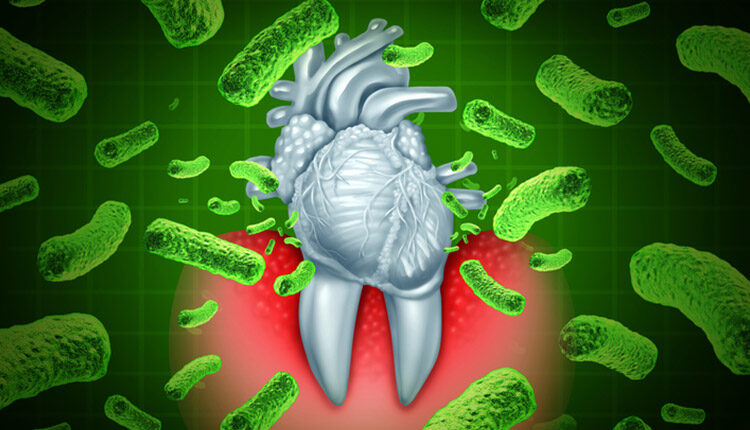 wildpixel / iStock / Getty Images Plus
wildpixel / iStock / Getty Images Plus
Oral Bacteria Diversity Linked to Oral Hygiene Habits
A new study finds a strong correlation between gingival bleeding and the numbers and types of pathogens found in the oral cavity.
According to the United States Centers for Disease Control and Prevention, periodontal diseases impact nearly half of adults ages 30 years and older in US. About 9% of adults experience periodontitis, a leading cause of tooth loss.1 The risk factors for periodontal diseases are myriad, and they are linked to poor oral hygiene and tobacco use as well as to diabetes and weakened immune systems.
EXPLORING PATHOGEN DIVERSITY AND COMPOSITION
It’s no secret that the mouth is home to bacteria. In fact, the same kinds of oral bacteria that can be found in those with healthy oral microbiomes can also be found in those whose microbiomes are out of whack, although their numbers and other factors may differ significantly.
The inflammation attendant with gingivitis and periodontal diseases is caused by bacterial infiltration. And this etiology has been investigated in numerous studies. But recent research explored how oral hygiene habits and gingival bleeding correlate with gingival bacterial composition, numbers, and diversity in Bergen, Norway.
To examine this connection, researchers recruited 484 adults ages 18 to 47 as part of the Respiratory Health in Northern Europe, Spain, and Australia study. The participants self-reported via questionnaires, and researchers examined the microbiome composition of gingival fluid from each participant.2
GINGIVAL BLEEDING AND PATHOGEN PROLIFERATION
The study showed an association between self-reported gingival bleeding and a higher abundance of well-known and novel periodontal pathogens compared to those reporting no gingival bleeding. As self-reported gingival bleeding frequency increased in frequency, so did gingival bacterial diversity and abundance of known periodontal pathogens such as Porphyromonas endodontalis, Treponema denticola, and species of Bacteriodes and Fretibacterium. There was also a prevalence of the novel pathogen, Saccharibacteria in participants with frequent gingival bleeding.
Gram-positive phyla Firmicutes and Actinobacteria were discovered in lower abundance in those reporting bleeding than those who did not. These are typically found to decrease in relative abundance during the onset of experimental gingivitis. The study also showed that flossing and rinsing with mouthrinse twice a day resulted in a lower diversity of bacteria than those who never flossed or used mouthrinse.
ORAL HEALTH EDUCATION IMPORTANCE EVIDENT
Participants with the lowest oral hygiene scores had the most diverse bacteria present in their oral microbiomes, dramatically increasing their risk for oral disease. These results emphasize the importance of patient education on effective oral hygiene habits including brushing, interdental cleaning, and rinsing. In fact, high bacteria diversity in the gingiva was associated with a low frequency of use of dental floss, mouthrinse, and toothpicks. Toothbrushing and the use of dental floss twice daily were more likely to be reported by the participants who had a low frequency of gingival bleeding.
The researchers note that this kind of study, which uses self-reporting, may provide useful information for studies in which clinically based surveillance is unattainable. The study underscores the importance of oral hygiene habits by showing reduced microbial diversity and lower abundance of known pathogens, as well as newly described pathogens in those reporting good dental hygiene habits. These findings can be used to instill and enhance good dental practices starting with children.
REFERENCES
- United States Centers for Disease Control and Prevention. Gum Disease.
- Bertelsen RJ, Barrionuevo AMP, Shigdel R, et al. Association of oral bacteria with oral hygiene habits and self-reported gingival bleeding. J Clin Periodontol. 2022;49:768–781.

